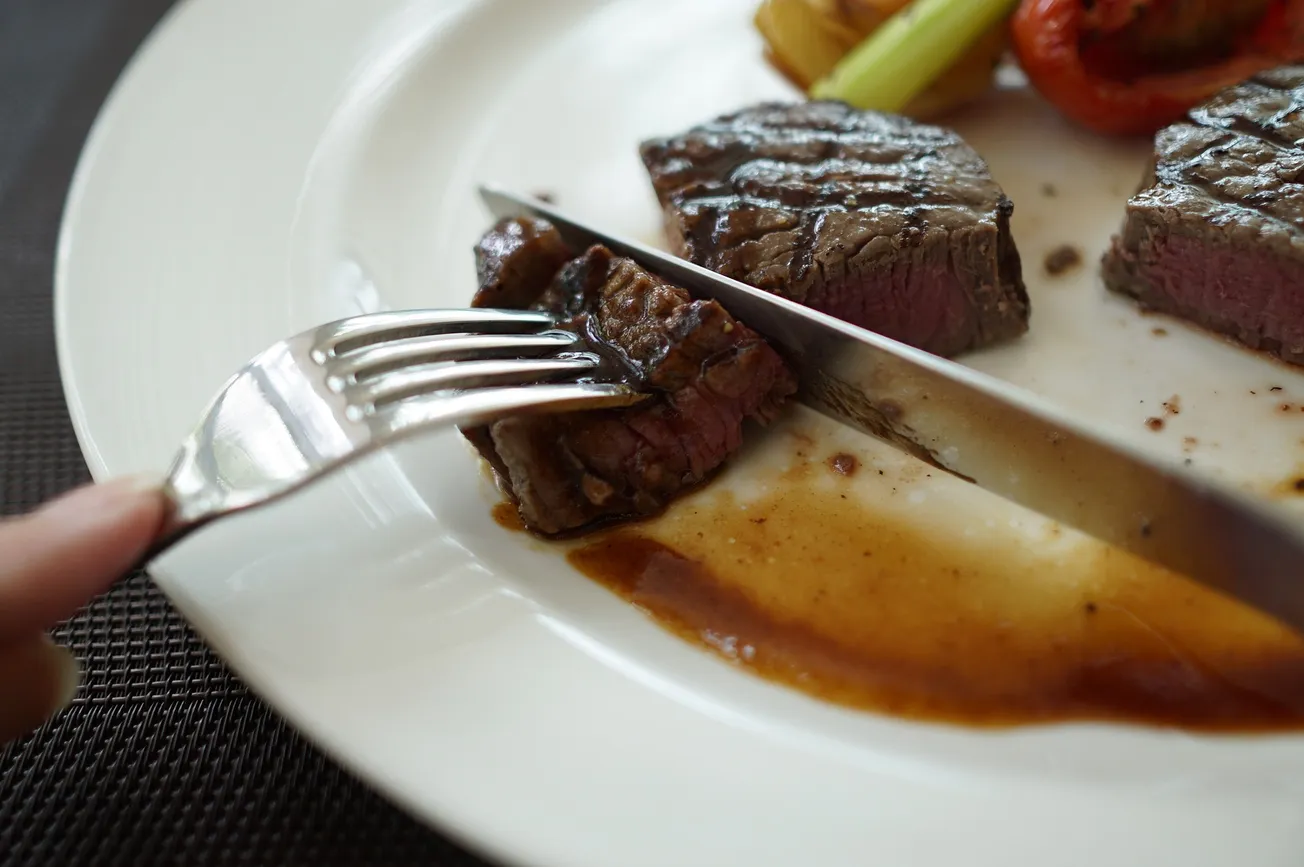Table of Contents
Will Coggin
cfact.org
Will Coggin is the managing director of the Center for Consumer Freedom.
The problem with New Year’s resolutions? Typically, the follow-through is too difficult.
Let’s be blunt: If dieting or going to the gym three times a week was easy, we wouldn’t need a holiday to get motivated. By February, idealistic resolutions often become unrealistic.
So here’s a resolution that should be easy: Eat more. But not in the way you think.
Climate change has been a top issue this year and some are considering ways to reduce their environmental footprint.
There are many diet fads directing people to “eat this, not that” in order to reduce their environmental impact. These fads do little to protect the planet.
Eating less meat is a common prescription. But going vegetarian or vegan would hardly make a difference.
One study found that every single American could go vegan overnight and total U.S. emissions would drop by 2.6 per cent — a fraction of a per cent of global emissions.
Other trendy resolutions are surprisingly shallow.
One is to stop or greatly reduce using plastic, supposedly to help the oceans. But doing so won’t make a dent. Less than one per cent of the mismanaged trash in the ocean can be traced to the United States. Most trash in the oceans is fed by 10 rivers in Africa and Asia.
When it comes to pollution and emissions, there are very few areas in which Americans are the biggest problem. And until the main drivers of pollution, including China, show they are serious about environmental issues, there is little Americans can do.
There is one area, however, where Americans can do much better: food waste.
A new study from the Environmental Protection Agency revealed estimates that range between 73 and 152 million metric tons of food per year trashed by Americans — more than a third of the nation’s total food supply. Fruits and vegetables, unsurprisingly, are the most commonly wasted foods. Other top wasted foods include dairy and eggs.
Food waste takes its toll on your pocketbook and the planet.
The average family of four in the United States throws away $1,866 in food per year, according to the U.S. Department of Agriculture. Nationwide, more than $240 billion is spent on wasted food.
Expensive food waste recently became the topic of a viral TikTok after a woman pulled thousands of dollars of food from a dumpster near a Whole Foods, including a $65 turkey.
Most of that wasted food is sent to the landfill. When fruits, vegetables, and other fresh foods decompose, they emit methane — the same potent greenhouse gas many environmental critics of eating meat point to.
Wasted food is the source of 6 per cent of global greenhouse gas emissions and 4 per cent of total U.S. emissions. When ranked against the total emissions from other countries, the emissions caused by wasted food would rank third behind only China and the US. Wasted food emits twice as much greenhouse gas as all the cars in the US and Europe.
When the food is wasted, so are all the other resources that went into the product. Roughly 14 per cent of all freshwater used in the United States is used to produce wasted food. The packaging and fuel used to transport that food is wasted, too.
Minimizing the amount of food your family wastes can protect the planet and save you hundreds — if not thousands — of dollars per year. It’s an environmental New Year’s resolution that actually makes a difference.
Here are a few suggestions to make reducing food waste a success.
Try to plan your meals out before going to the store. Make a list and ensure that you know what you already have on hand so you don’t double up. After shopping, wash produce and store it in separate containers. Freeze any bread or meat that you cannot eat before they expire. Leave food wrapped or sealed for as long as possible.
Studies have shown that wrapping foods can extend shelf life for weeks. One study found that a cucumber wrapped in plastic wrap lasts up to 15 days longer.
Don’t waste your time on environmental fads that make you give up foods you love. You can have your steak, just be sure to eat it too.
This article originally appeared at Real Clear Policy









